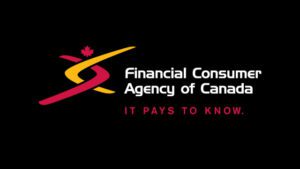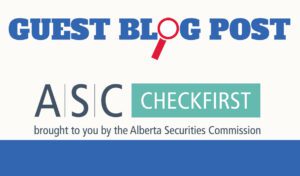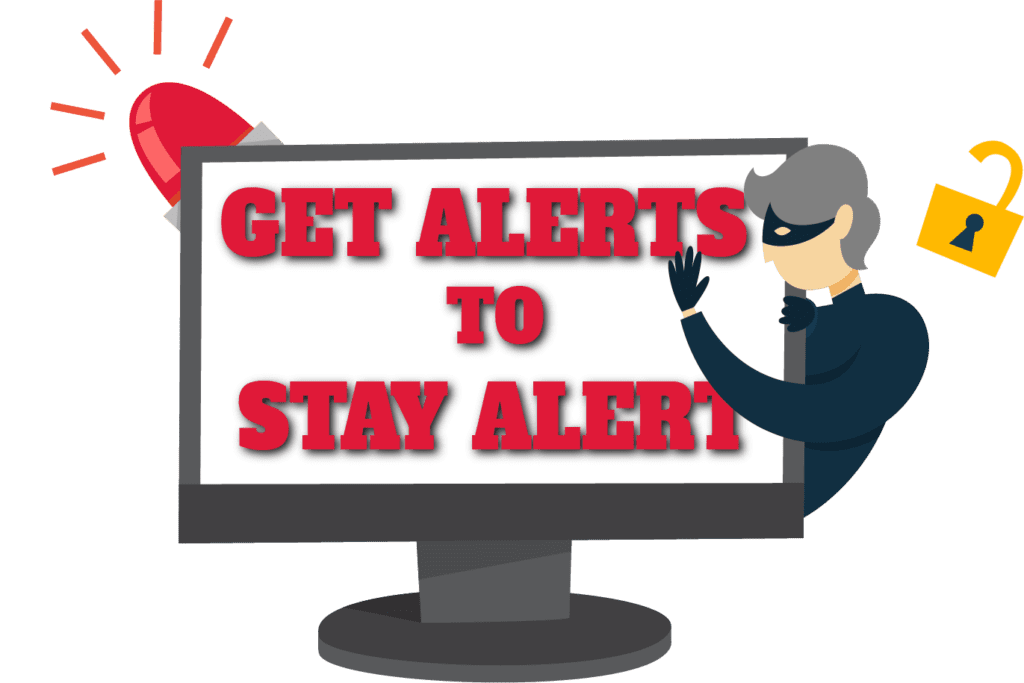
Real estate fraud may cause you large financial losses. If you’re a victim of real estate fraud you may find out that you no longer own your home. You may also notice on your credit report that additional mortgages have been taken out in your name.
How real estate fraud happens
There are two main types of real estate fraud that may result in financial loss
- title fraud and
- foreclosure fraud.
Title fraud
Title fraud happens when fraudsters steal the title to your home. They sell your home or apply for a new mortgage against it. Title fraud usually starts with identity theft, which may happen if someone steals your personal information.
CLICK HERE to learn more about identity theft and fraud.
Foreclosure fraud
Foreclosure fraud usually happens when you’re having problems making your mortgage payments. Fraudsters may try to trick you into transferring them your property title in exchange for a loan. Fraudsters usually keep the payments you make and possess the title to your home. They may resell or refinance your house.
Mortgage fraud
Mortgage fraud, also called application fraud, happens when you provide false information on a mortgage application. Someone else may try to falsify your documents or encourage you to do so. When that happens, you may be held responsible for committing mortgage fraud. It may also impact your ability to obtain credit or a mortgage in the future.
CLICK HERE to learn more about mortgage fraud and how to protect yourself.
Protect yourself from real estate fraud
- when applying for a mortgage, deal with licensed or accredited mortgage and real estate professionals
- fully read any documents before signing them
- keep your mortgage information in a safe place
- shred old documents rather than throwing them in the trash
- contact your mortgage lender first if you’re having trouble making your mortgage payments
- consult your lawyer or notary before giving another person a right to deal with your home or other assets
- research any company or individual who offers you a loan
- do a land title search with your provincial or territorial land registry office. It will show the name of the property owner and any mortgages or liens registered on the title
- consider buying title insurance to protect yourself against losses from title fraud
If you’re a victim of real estate fraud
- write down when you noticed the fraud and the actions you took. Include the names of the people you spoke to and dates of communications
- contact your financial institutions and any other companies where you think accounts may be affected
- file a report with your local police
- contact your provincial or territorial land registry office
- contact Canada’s two main credit bureaus: TransUnion and Equifax, and ask them to put a fraud alert on your credit report
Report the fraud to the Canadian Anti-Fraud Centre
The Canadian Anti-Fraud Centre operates through a partnership of the Royal Canadian Mounted Police, the Ontario Provincial Police and the Competition Bureau Canada. It’s Canada’s central repository for information about fraud.
This article originally appeared on the Financial Consumer Agency of Canada website – CLICK HERE to visit their website
The Financial Consumer Agency of Canada is responsible for protecting the rights and interests of consumers of financial products and services. It supervises federally regulated financial entities, such as banks, and strengthens the financial literacy of Canadians. They are a federal agency that works to keep Canada’s financial system safe and strong.



